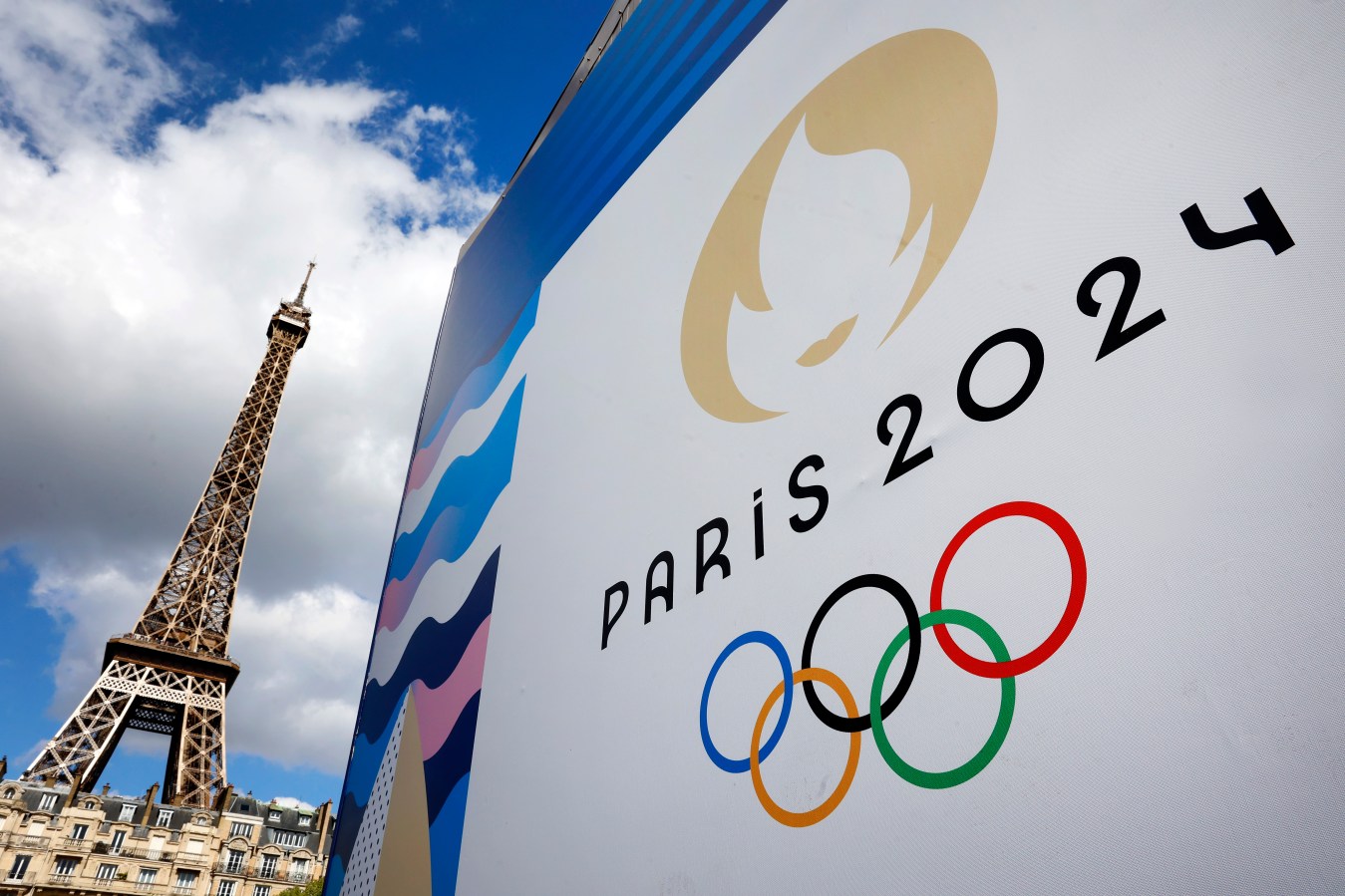Hosting the 2024 Summer Olympics in Paris is doing nothing good for the French national airline’s bottom line. Air France announced Monday that it expects a loss of up to €180 million (AU$289 million) during the current financial quarter as tourists avoid Paris during the Olympics, held between July 26 and August 11, 2024.

The Paris bid to host the 2024 Olympic Games is seen on the Arc de Triomphe in Paris on February 9, 2016. (Photo by LIONEL BONAVENTURE)
AFP via Getty Images
Fearing crowds and sky-high prices, tourists are not flooding the Parisian capital for the Olympics. “International markets show a significant avoidance of Paris,” the carrier said in a statement. “Travel between the city and other destinations is also below the usual June-August average as residents in France seem to be postponing their holidays until after the Olympic Games or considering alternative travel plans.”
As a result, Air France-KLM estimates “a negative impact on its forthcoming unit revenues in an order of magnitude, from €160m – €180m for the period June until August 2024.” The carrier expects that travel to France will normalize after the Olympics end, “with encouraging demand levels projected for the end of August and the month of September.
For context, Air France-KLM reported revenues of over $9.3 billion in the third quarter of 2023, driven by strong summer demand.
Air France’s statement lines up with data from the Paris tourism office, which recently forecasted a 14.8% drop in foreign arrivals in July 2024 compared to the same month in 2023.
The same trend is echoed in the hospitality industry. With one month until the start of the Summer Olympics, Paris hotel occupancy levels are peaking at 77.8% for Saturday, July 27, the night of 14 gold medal events, according to CoStar’s latest Forward STAR data. Opening night is a close second, as Friday, July 26 currently shows an occupancy rate of 77.7%. The lowest occupancy rate for this summer’s Olympic period is 59.8% on Sunday, 11 August, the last night of the competition.
Related
But the entire Olympics period falls below the average 81.4% occupancy the city saw in July 2023, as reported by Insee, the official statistics office of France.
Despite all of this, the 2024 Summer Olympics are expected to be a net positive for Paris, generating a projected €8.9 billion ($9.6 billion U.S.) in economic impact for the city, according to an independent study from the Centre for Law and Economy of Sport (CDES), which has been monitoring the Paris Games for the International Olympics Committee (IOC) and the Paris Olympics organizers.
Between 2.3 and 3.1 million ticket-holding visitors are expected to visit Paris during the Olympics, roughly two-thirds of them French. Tourists, both domestic and international, are expected to spend $2.8 billion, according to the Paris Tourism Office.
Next, add corporate and private funding. While most of the $7.5 billion in funding for the Paris games comes from media rights, sponsorship and ticketing, there has also been significant private investment in long-term infrastructure projects, including a $1.7 billion contribution from the IOC.
In addition, $3.2 billion in public funding is being put toward projects that address long-term needs of local communities. Of this, 80% is going to Saint-Denis, one of the poorest Paris suburbs in France. Home to Stade de France, France’s national football and rugby stadium, Saint-Denis also holds the Olympic Village, which will be turned into 2,800 housing units and two new schools after the summer games end.
Tourism experts say travelers will return to Paris as soon as the Olympics are over. “The lower demand we’re seeing for the early summer months can be seen as a temporary adjustment,” said Christina Choueifaty, senior account manager at STR, a company that provides hotel analytics and benchmarking data. “In the long run, the Olympics will further solidify the city’s position as a major tourist destination, potentially attracting even more demand in the future.”
This article was first published on forbes.com and all figures are in USD.
Are you – or is someone you know -creating the next Afterpay or Canva? Nominations are open for Forbes Australia’s first 30 under 30 list. Entries close midnight, July 15, 2024.
Look back on the week that was with hand-picked articles from Australia and around the world. Sign up to the Forbes Australia newsletter here or become a member here.



